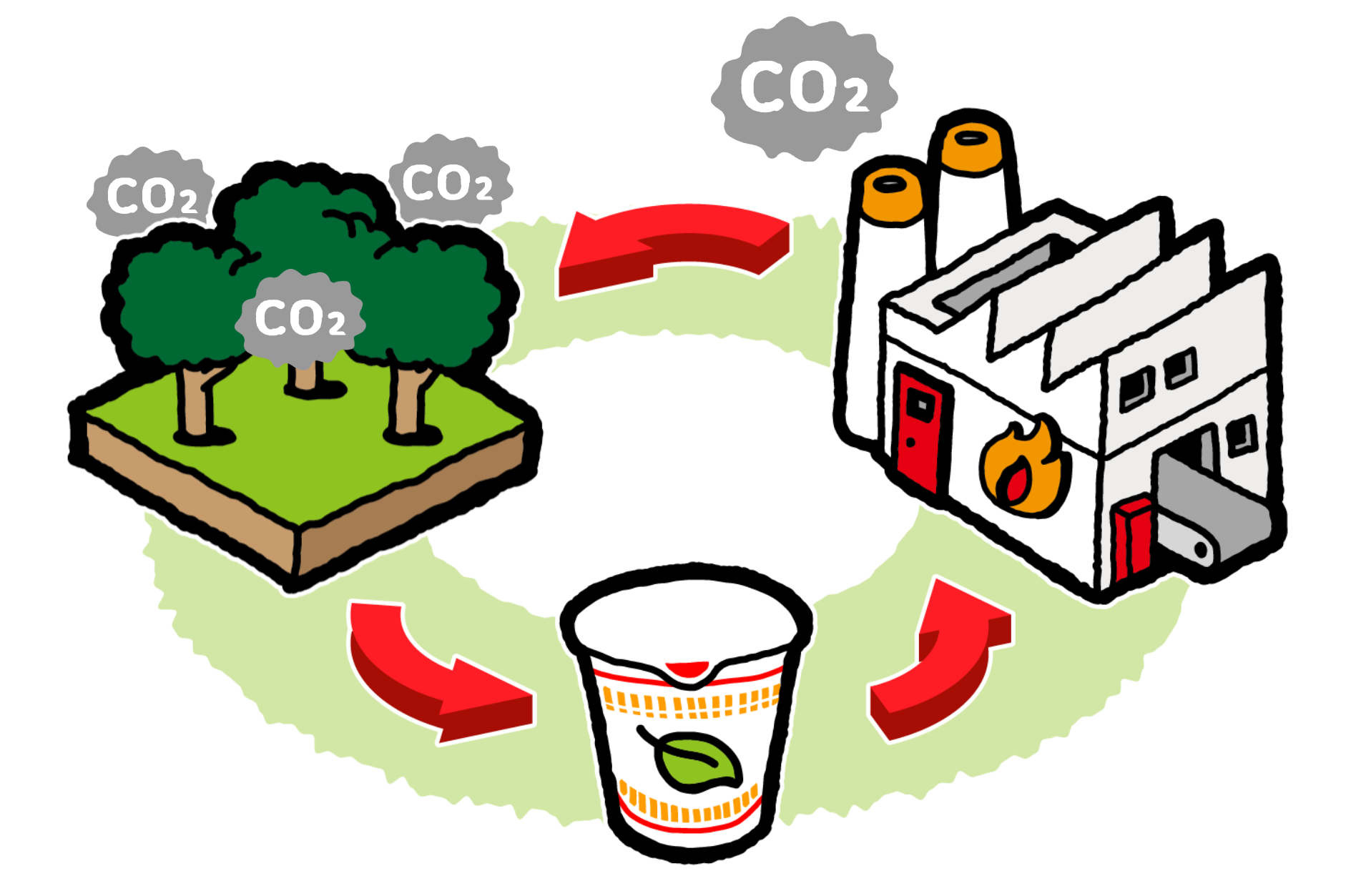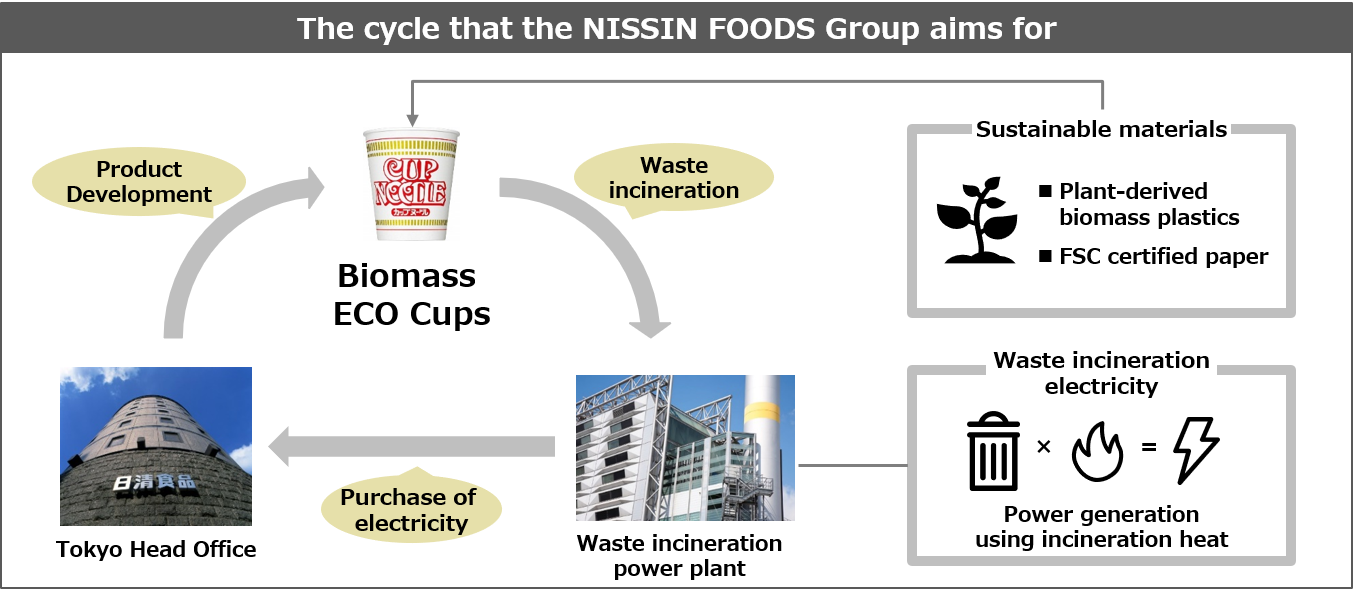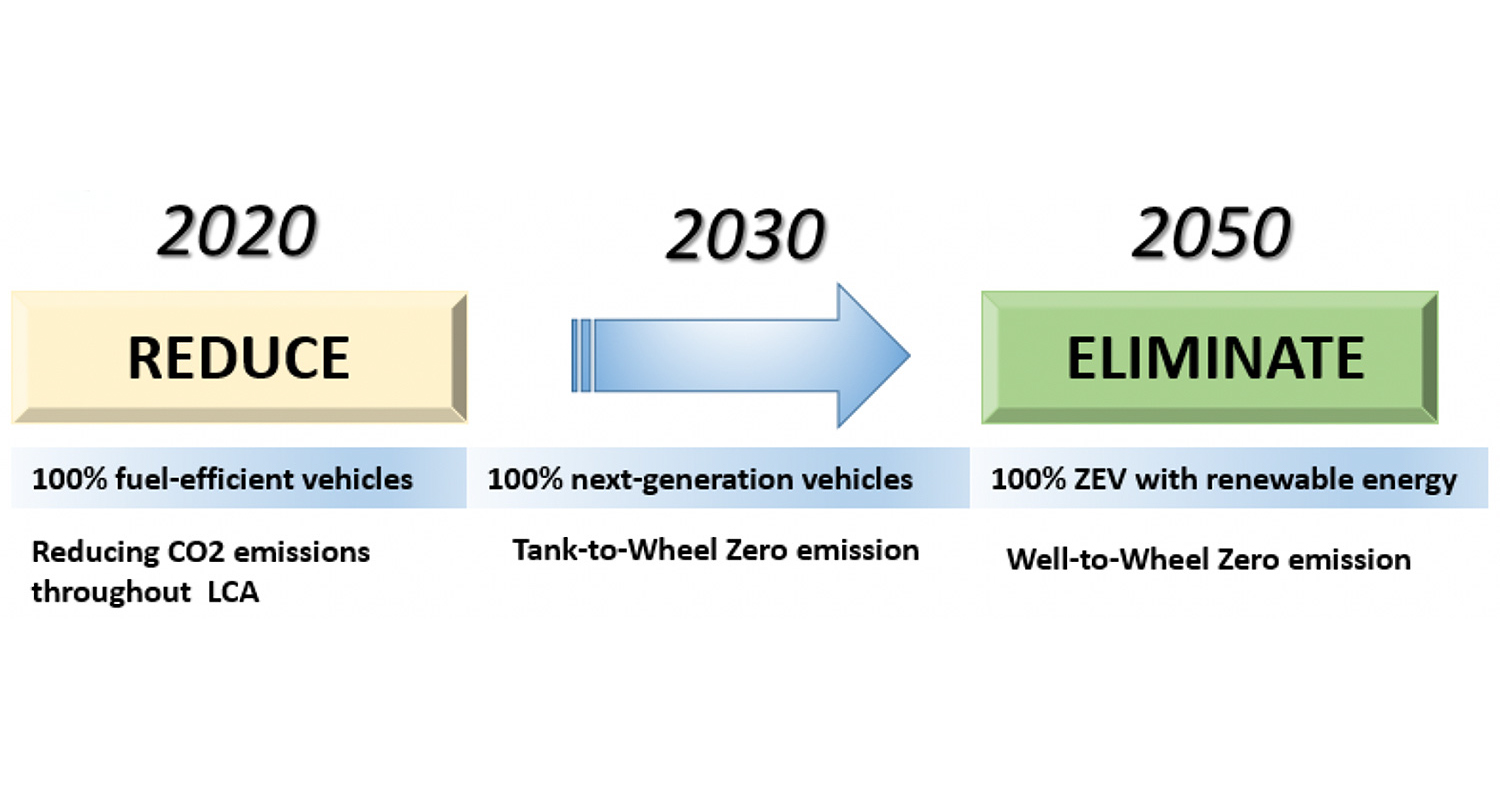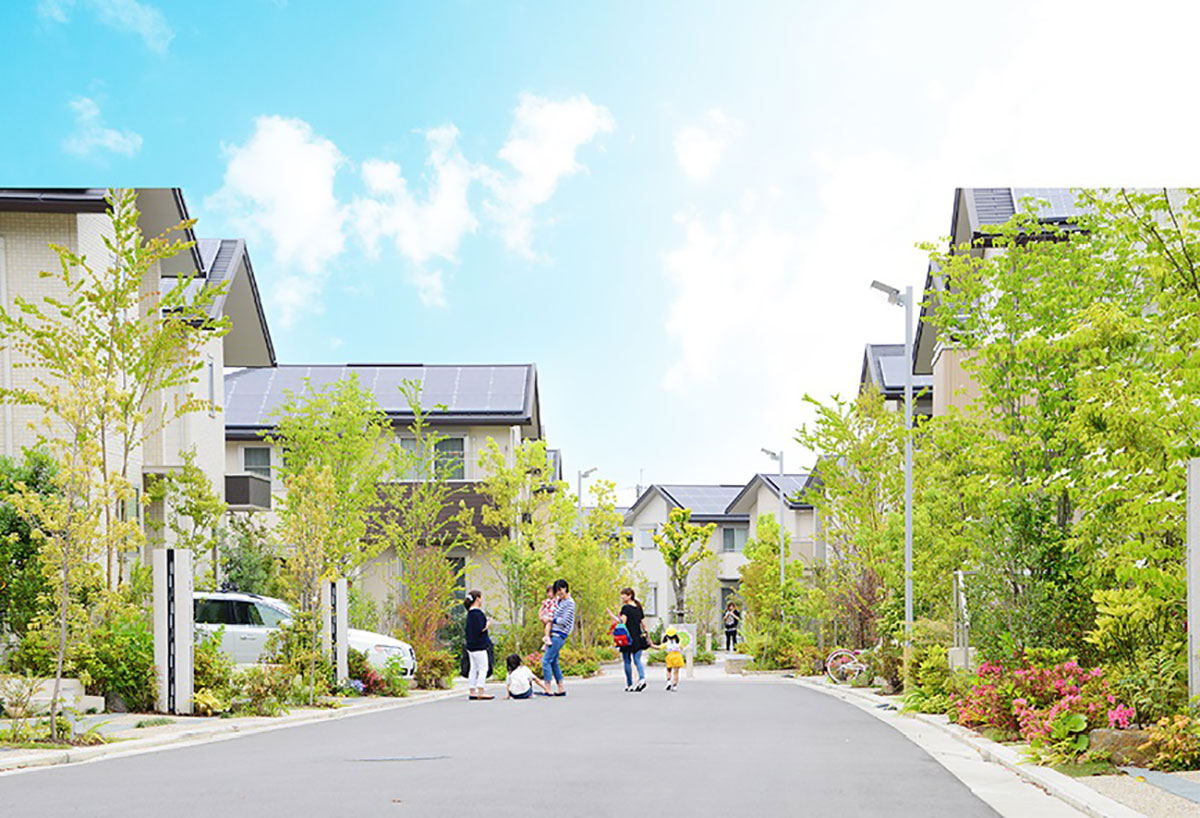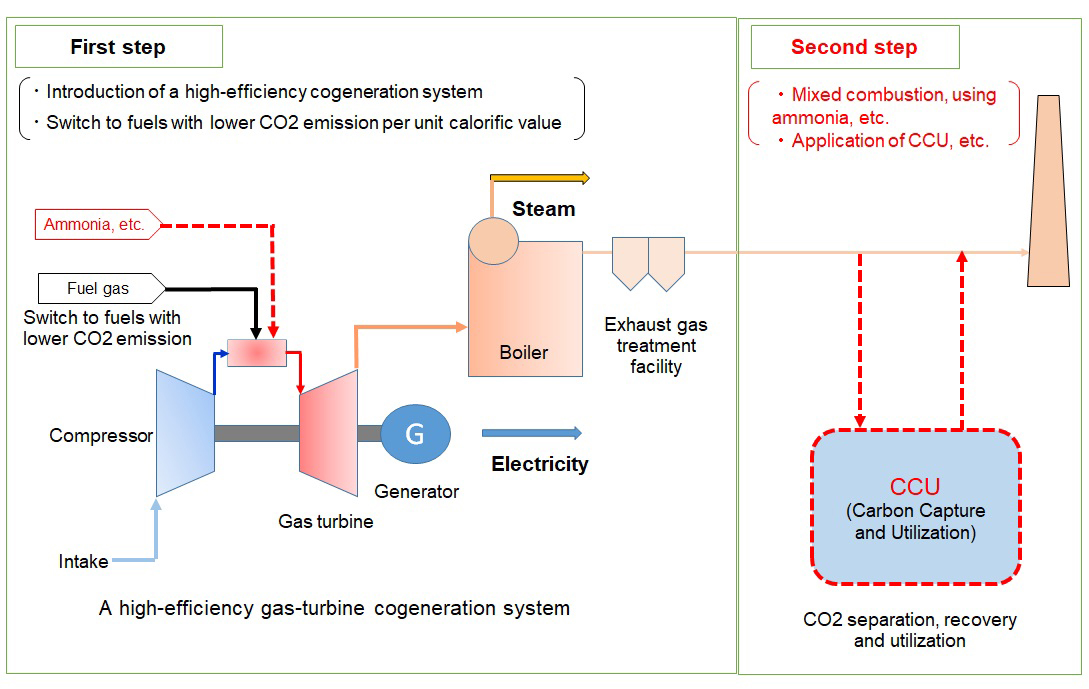Introduction of carbon-neutral "Biomass ECO cups" and CO₂ emission reduction through the use of electricity generated by incinerating waste
Nissin Foods Holdings Co., Ltd.
Outline
The NISSIN FOODS Group has been replacing the containers used by products under the CUP NOODLES brand with carbon neutral Biomass ECO Cups, as a challenge toward a carbon-free society. These are environmentally friendly containers with an industry-first biomass content of at least 80%. Compared to the existing ECO Cups, the amount of petroleum-based plastic used per cup is reduced by approximately 50%, and the amount of CO₂ emitted throughout the entirety of the container’s life cycle has been reduced by 16%.
In addition, containers for instant noodles have oil residue after consumers finish eating, making them difficult to recycle. They are generally incinerated as burnable waste. To address this, we began using electricity generated by incinerating waste at our Tokyo Head Office.
Description
We, the NISSIN FOODS Group, has established the environmental strategy of "EARTH FOOD CHALLENGE 2030" to strengthen our efforts to realize a sustainable society and to enhance our corporate value. Regarding measures against the issue of climate change as one of the most important challenges, we are working to expand energy saving and to increase the usage rate of renewable energy as a group-wide effort.
Above all, expanding the usage of renewable energy in our factories (by switching to renewable electricity, installing solar panels, etc.) is one of the biggest future issues toward a carbon-free society.
In addition to reduction of CO₂ emissions at factories, we also aim to contribute to the realization of a carbon-free society through our products and has recently taken on the challenge through the following actions.
(1) Introduction of “Biomass ECO Cups”
As a pioneer of instant noodles, we have pursued "quality" that supports deliciousness, "safety and security" of products, and "environment" and "future".
CUP NOODLES, which was born as the world's-first cup-type instant noodles in 1971, used a container made of Styrofoam (expanded polystyrene) with excellent heat insulation and heat retention. In 2008, we changed the container to the "ECO Cups" with the aim of reducing limited resources such as fossil fuels as much as possible and using paper, which is a renewable resource.
In December 2019, we started switching to more environmentally friendly container, the "Biomass ECO Cups," which is a further evolution of the "ECO Cups," to strengthen our efforts to address climate change issues.
This industry-first "Biomass ECO Cups" uses 81% of biomass-derived materials by partially replacing the petrochemical-derived plastic used in the container with plant-derived biomass plastic, while maintaining its heat insulation and fragrance retention of the conventional "ECO Cups".
In addition, compared to the conventional "ECO Cups," the amount of petrified plastic used per cup is almost halved, and the amount of CO₂ emitted throughout the entirety of the container’s life cycle is reduced by about 16%.
All CUP NOODLES containers will be switched to the "Biomass ECO Cups" by the end of 2021, when the CUP NOODLES will celebrate its 50th anniversary.
(2) Use of electricity generated by incinerating waste
Containers for instant noodles often have oil residue after consumers finish eating, making them difficult to recycle.
They are generally disposed of as burnable waste and incinerated. To address this, we began using electricity generated by incinerating waste such as containers, allowing for resources to be used effectively. Since March 2020, 50-100%* of the electricity used at the Tokyo Head Office of NISSIN FOODS HOLDINGS comes from electricity generated by incinerating waste. (* The amount of electricity generated fluctuates daily.)
Partner(s)
Regarding the above "(2) Use of electricity generated by incinerating waste," the electricity from waste incineration is supplied through Minna-denryoku, Inc., which is a power aggregator.
Supplementary information
EARTH FOOD CHALLENGE 2030 - the NISSIN FOODS Group’s long-term environmental strategy
https://www.nissin.com/en_jp/csr/efc2030/
Similar Innovation Challenges
Achieve 2050 decarbonization target with Net Zero Energy House!
Sekisui House, Ltd.
Achieving net-zero emissions by promoting renewable energy use through both our monozukuri and products.
DAIWA HOUSE INDUSTRY CO., LTD.



